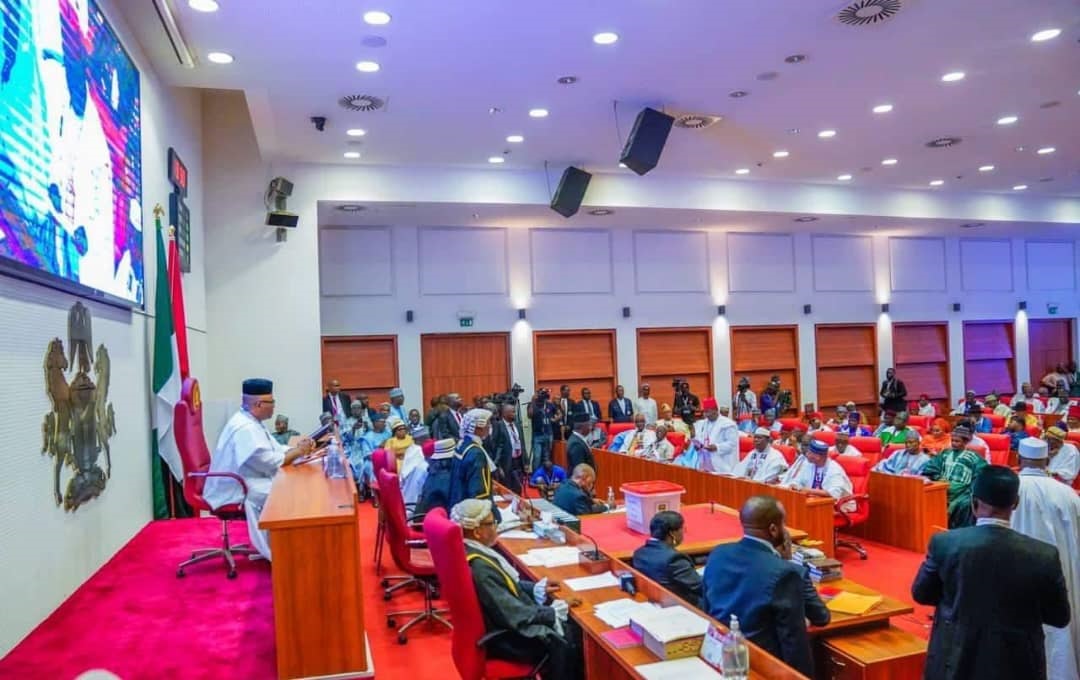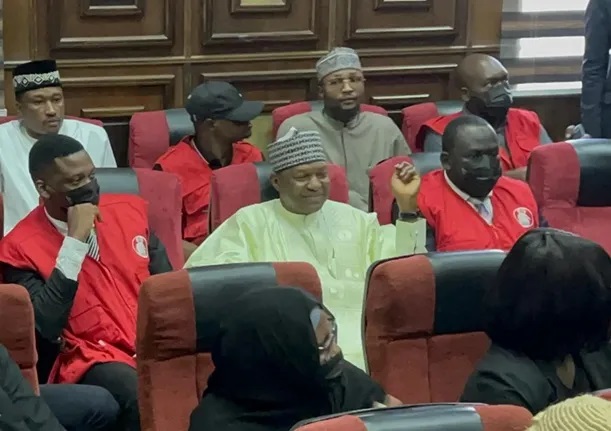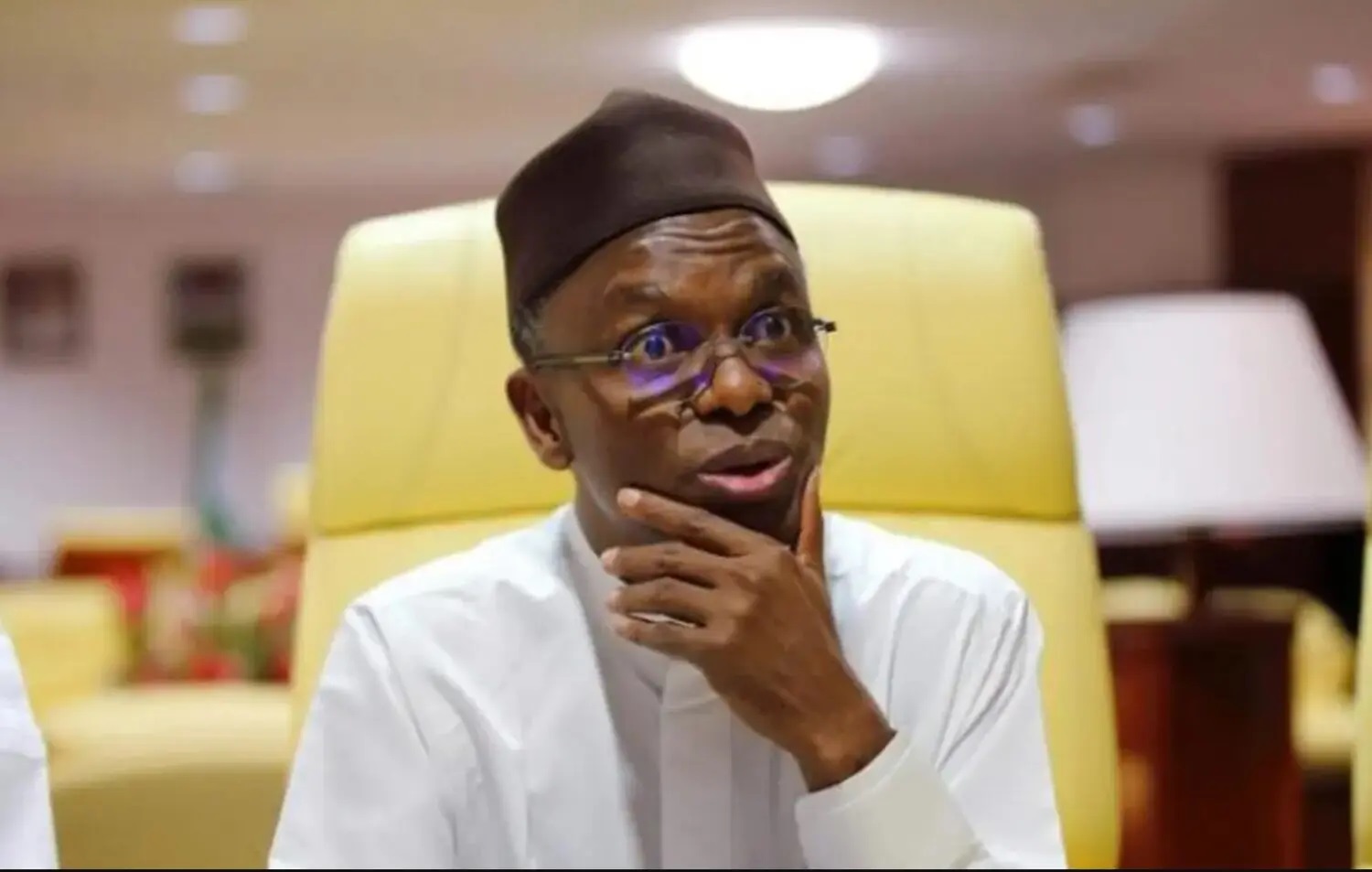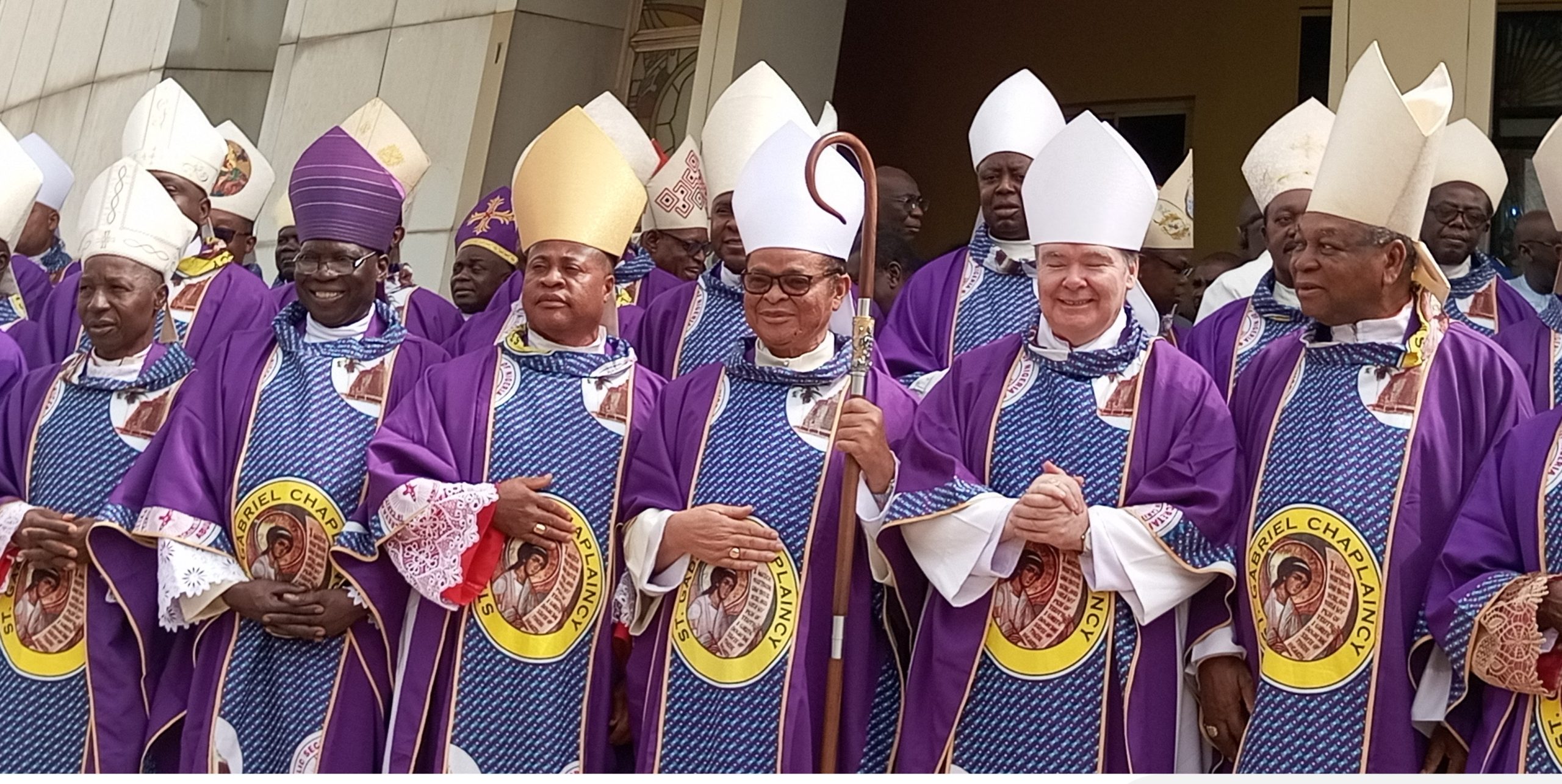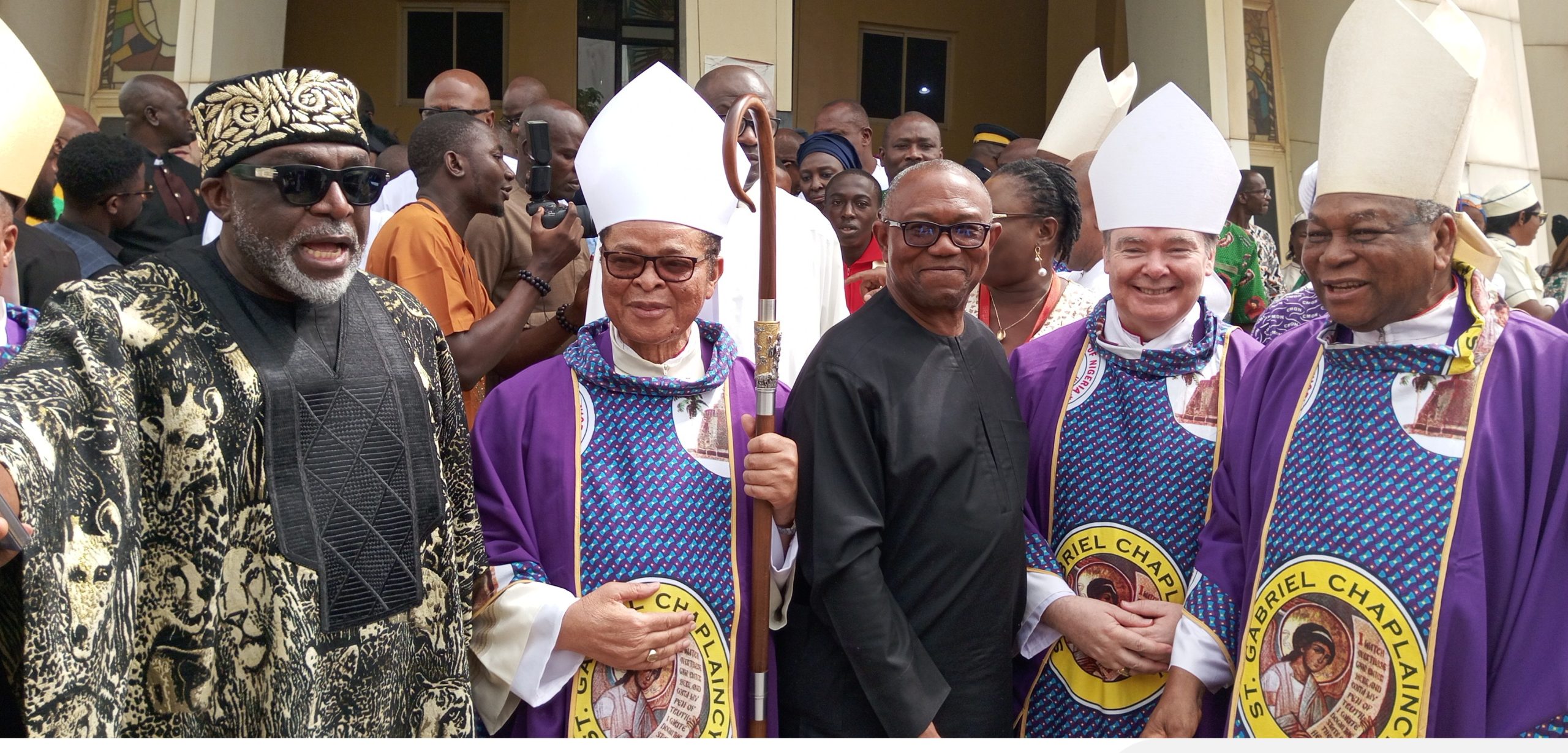The Nigerian Senate has passed for second reading a bill seeking to repeal the Electoral Act 2022 and enact a new Electoral Bill 2025. Senate President Godswill Akpabio announced the development during Wednesday’s plenary, following majority support through a voice vote.
The bill was subsequently referred to the Senate Committee on Electoral Matters for further deliberations and a public hearing. The committee has been directed to report back within two weeks.
Sponsored by Senator Simon Lalong (APC, Plateau South), Chairman of the Senate Committee on Electoral Matters, the proposed legislation aims to strengthen the legal and institutional framework for elections in Nigeria. It was first introduced last Thursday but was stepped down to allow wider consultation before being reintroduced.
Why a New Electoral Bill?
Presenting the bill, Senator Lalong acknowledged that while the Electoral Act 2022 brought important reforms, certain weaknesses remain, including:
Delays in releasing election funds
Disputes over voter registers
Conflicting interpretations of electronic result transmission
Weak enforcement of electoral offences
He emphasised that the new law is designed to protect the Independent National Electoral Commission (INEC) from political interference and strengthen its operational independence.
Lawmakers’ Key Contributions
Senator Adamu Aliero (APC, Kebbi North): Called for clear provisions on electronic transmission of results and stronger adoption of BVAS.
Senator Tahir Munguno (APC, Borno North): Advocated for transparent primaries, reduced campaign spending, and stricter anti–vote-buying measures.
Senator Agom Jarigbe (PDP, Cross River North): Supported electronic result transmission and inclusion of independent candidacy.
Senator Olalere Oyewunmi (PDP, Osun West): Proposed tougher penalties for electoral offenders, including INEC and security operatives.
Senator Patrick Ndubueze (APC, Imo North): Suggested that election results be announced within six hours after voting.
Senator Adams Oshiomhole (APC, Edo North): Condemned electoral violence and accused politicians of arming thugs.
Senator Seriake Dickson (PDP, Bayelsa West): Proposed empowering INEC to determine the legitimate winner and curb party excesses.
Akpabio’s Closing Remarks
Senate President Godswill Akpabio noted improvements in Nigeria’s elections since the APC assumed power in 2015 but stressed the need for deeper reforms.
“INEC must be made responsible because they are the ones in possession of electoral materials. We’ve had improvements, but we need to do more,” he said.
Highlights of Key Provisions in the Proposed Electoral Act 2025
Section Proposed Reform
3(3) Early release of INEC funds for timely election preparation.
5 INEC must submit audited financial accounts within six months after each fiscal year.
10(2)(c) National Identification Number (NIN) added as a requirement for voter registration.
12(1)(d), 12(2) Recognises voting rights of inmates—subject to INEC’s logistical provisions.
27(5–7) Elections must be held not later than 185 days before the end of incumbents’ tenure.
44 Introduces mandatory early voting.
60(5) Makes electronic transmission of results compulsory.

